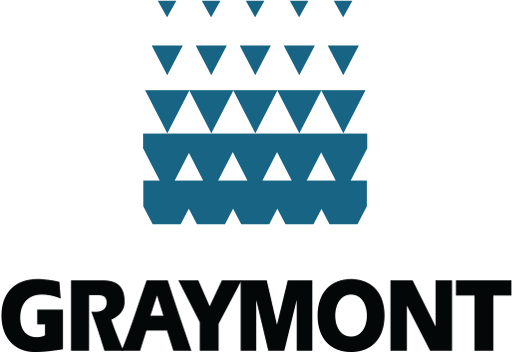On January 1, 2012, the California Transparency in Supply Chains Act of 2010 (the Act) came into effect, requiring companies of a certain size to publicly disclose the steps they are taking to identify and eradicate human trafficking and slavery in their supply chains.
The five pillars of the Act are:
- Verification. The company engages in verification of product supply chains to evaluate and address risks of human trafficking and slavery. The disclosure shall specify if the verification was not conducted by a third party.
- Audits. The company conducts audits of suppliers to evaluate supplier compliance with company standards for trafficking and slavery in supply chains. The disclosure shall specify if the verification was not an independent, unannounced audit.
- Certifications. The company requires direct suppliers to certify that materials incorporated into the product comply with the laws regarding slavery and human trafficking of the country or countries in which they are doing business.
- Accountability. The company maintains internal accountability standards and procedures for employees or contractors failing to meet company standards regarding slavery and trafficking.
- Training. The company provides company employees and management, who have direct responsibility for supply chain management, training on human trafficking and slavery, particularly with respect to mitigating risks within the supply chains of products.
Graymont does not have a formal compliance program with respect to the five pillars of the Act discussed above. However, under Graymont’s Code of Business Conduct and Ethics (the Code), Graymont employees, officers and directors are required, among other things, to carry out their work according to the highest ethical and legal standards, to engage in ethical and legal conduct when dealing with customers, partners, suppliers and competitors, and to report any known or suspected ethical or legal misconduct. Failure to abide by the Code may result in disciplinary action, up to and including termination.
In addition, Graymont maintains an Ethics Reporting System, managed by an independent third-party provider, which allows employees to report alleged violations of the Code on an anonymous and confidential basis.
